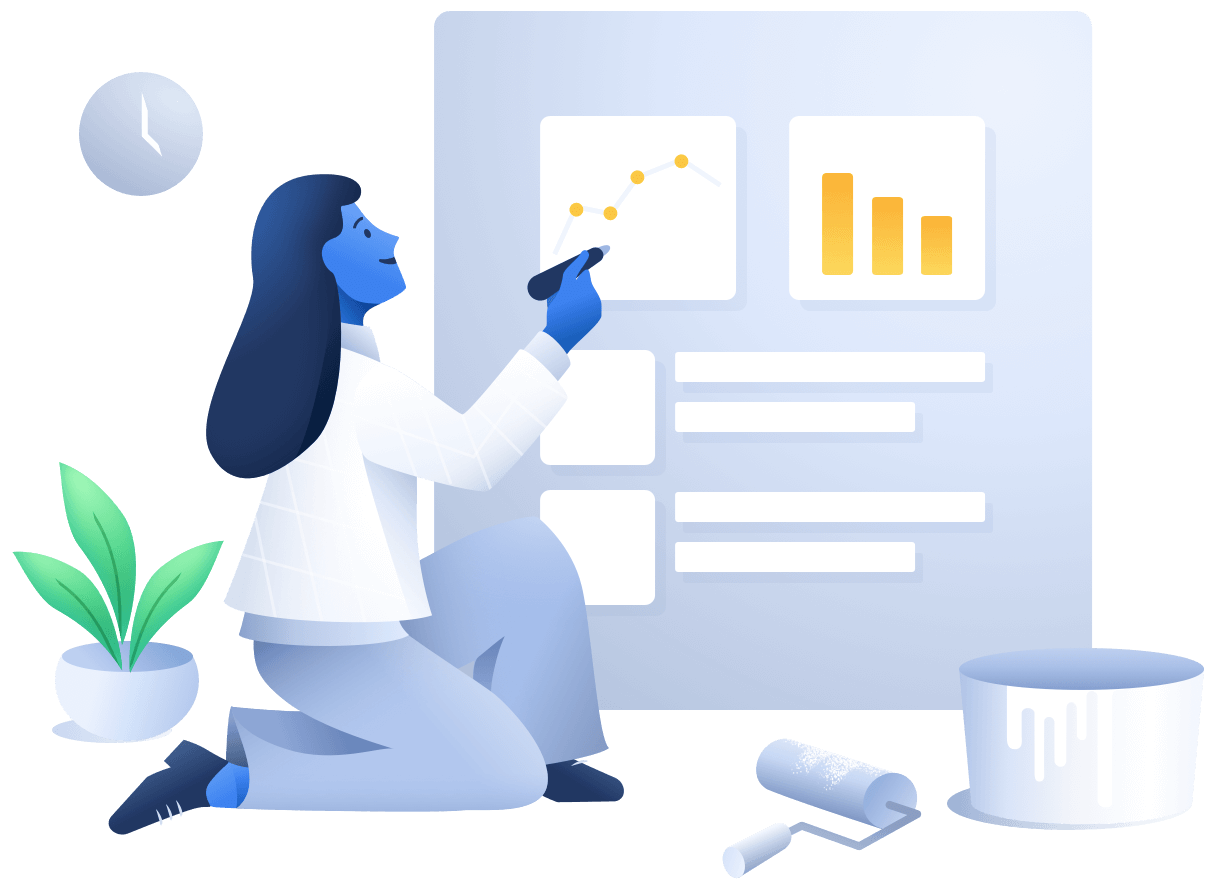Comparison Between SophieLabs and Cognition for Running Online Experiments

The advent of online platforms has significantly simplified the process of designing, running, and hosting behavioral and cognitive experiments. SophieLabs and Cognition are two notable platforms revolutionizing psychological research. Both provide effective solutions; however, there are key differences to consider.
Cost Comparison
Cost considerations are fundamental when selecting an online platform for running experiments. Both SophieLabs and Cognition offer a wide range of services, but at varying pricing structures. SophieLabs employs a subscription-based model while Cognition allows for a more flexible, pay-per-use model. In long-term projects, Cognition may prove to be the more cost-effective solution due to its flexibility.
For researchers beginning their journey into online experimentation, Cognition also provides a free tier that gives researchers access to basic functionalities. This allows researchers to try out the platform and get a feel for it before committing financially.
Learning Curve Comparison
The ease of learning how to use an online platform is paramount. An intuitive interface and extensive documentation can dramatically reduce the time necessary to get up and running. Both platforms employ jsPsych, a JavaScript library for creating behavioral experiments. SophieLabs provides pre-defined templates, whilst Cognition goes a step further, offering a "drag and drop" experiment builder to simplify the process, making it arguably easier for beginners to understand and use.
Flexibility Comparison
Flexibility is another crucial factor. It not only refers to the ability of an online experimentation platform to adapt to various research needs but also the ability to host different types of experiments such as behavioral experiments and cognitive tasks. Both SophieLabs and Cognition offer this flexibility. However, Cognition offers several premade cognitive tasks, making it easier for researchers to design and implement their research.
Community Comparison
A supportive community can be a game changer in your experimentation journey. Both SophieLabs and Cognition have dedicated communities of researchers. Still, Cognition has a robust user community that regularly contributes to a vast knowledge base. This accelerates problem-solving and fosters a collaborative environment for remote studies.
In conclusion, while both platforms provide substantial support in psychological research and in designing and running online experiments, the overall performance and potential costs suggest that Cognition might be a more favorable choice for many researchers, particularly those starting their journey into online experimentation.